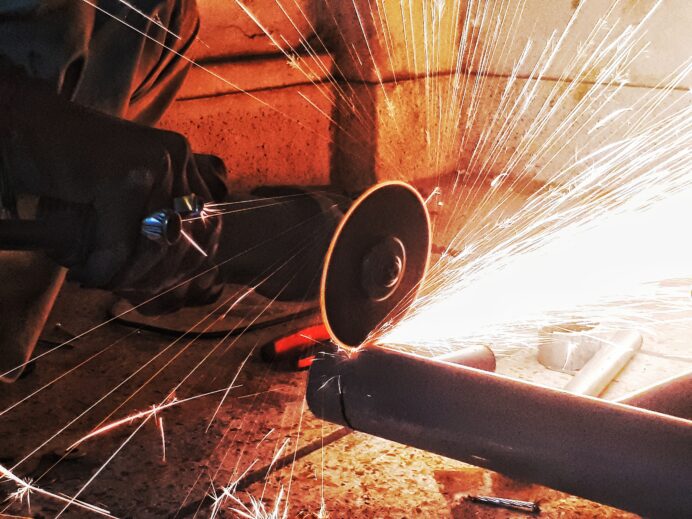Press release
Civil society organizations criticize GSCC certification for ignoring social and environmental impacts of steelmaking and lacking meaningful measures to reduce emissions
WASHINGTON, D.C. – Today civil society organizations published an open letter calling on policymakers, steelmakers, and buyers to disregard a recent “standard” released by the Global Steel Climate Council. The organizations argue that this standard, which was created to influence trade agreements, including a pending deal between the United States and European Union, favors the existing practices of a small fraction of steelmakers in wealthy nations rather than creates mechanisms to meaningfully decarbonize global steelmaking, and should be ignored in any government standards or trade agreements.
“When you allow a collection of industry members more interested in positioning themselves as the green alternative rather than meaningfully and decisively reducing emissions, you end up with a standard like the one created by the GSCC,” said Margaret Hansbrough, Campaign Lead for SteelWatch. “When it comes to reducing emissions from the global steel industry, we simply cannot recycle our way out of the problem. Any global climate standard for steel must create effective mechanisms that incentivize primary producers to transition off of coal and toward proven solutions.”
The steel industry is responsible for 7% of global greenhouse gas emissions. Yet the GSCC standard fails to meaningfully reduce emissions from global steelmaking by not taking into account the differences between steel made from recycled scrap and primary steelmaking made from iron ore. Coal-based production makes up 70% of global steelmaking and 90% of the sector’s emissions. The global recycling rate of scrap is already at 85% and the Mission Possible Partnership has concluded that “even in a more circular economy, over one billion tonnes per annum of primary steel (using iron ore feedstock as opposed to scrap) will be needed globally by 2050.”
The GSCC standard also confuses the market while failing to address the social and environmental impact of steelmaking. As automakers, renewable energy developers, and other industries seek to reduce their supply chain emissions, a global certification for low-emissions and sustainably-produced steel is more important than ever. The industry-created GSCC fails to provide this standard while competing with already-established rules created through a multiple-stakeholder process, including ResponsibleSteel and the Science Based Targets Initiative. The GSCC standard also solely focuses on emissions, ignoring other environmental and social impacts of the industry, including environmental degradation and harm to local communities from mining coal and iron, deforestation, violations of labor and human rights, air pollution from the deconstruction and recycling of steel into scrap, or air pollution from steel mills themselves.
“We urge steel buyers to avoid GSCC-certified steel as it fails to reduce emissions and puts staying within 1.5C of global warming at risk. At at time when automakers are looking to decarbonize their whole supply chains, the last thing they need is yet another steel certification standard that offers nothing more than confusion and greenwash with weak standards which threaten to worsen the environmental impacts of the steel industry,” said Matthew Groch, Senior Director of the Decarbonization Campaign for Mighty Earth.
“We have an opportunity to decarbonize entire supply chains, investing in technologies at scale that can slash global emissions and forge a clean energy future built with clean steel,” concluded Johanna Lehne, Program Lead for E3G. “Individuals across the steel industry must put all their efforts into building a legitimate global standard that prioritizes cleaner air and water, human rights and workers’ rights, and moving the market forward to produce truly low-emissions steel.
Download the open letter here (PDF)
For organizations interested in signing on to this letter please fill out this link.
###############

